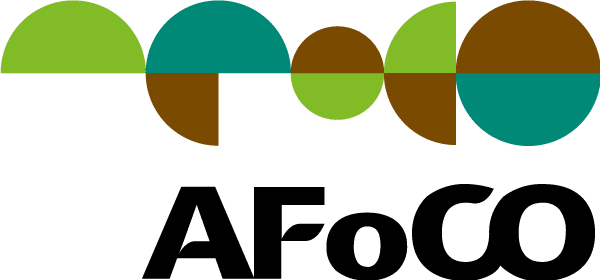| DATE | 30 August – 3 September 2021 |
| VENUE | Virtual |
| ORGANIZERS | AFoCO and ITTO |
| NO. OF TRAINEES (COUNTRIES) | 72 trainees (15 countries) |
Forest landscape restoration (FLR) is an inclusive and integrated landscape approach that can help reverse land degradation, increase carbon storage, conserve biodiversity, and create sustainable livelihoods for local communities, allowing them to play a critical role in shaping the landscape and gain significant benefits from restored forest resources.. Also, FLR helps regain ecological integrity and enhance human well-being across deforested or degraded forest landscapes, contributing to climate change mitigation and adaption in a broad sense.
Embarking the first year of the UN Decade on Ecosystem Restoration 2021-2030 in the Asia-Pacific region and across the world offers an opportunity to scale up restoration partnerships. In an effort to enhance its restoration initiatives at the national and sub-national levels, the AFoCO and the International Tropical Timber Organization (ITTO) jointly organized a virtual workshop on forest landscape restoration on with partners in the region. The workshop contributes to capacity building in AFoCO and ITTO’s member countries in the Asia-Pacific region to undertake successful FLR interventions via adopting and implementing a new Guidelines for Forest Landscape Restoration (FLR) in the Tropics. The FLR Guidelines that lay out six (6) key principles with thirty-two (32) guiding elements, provide a basis for policy decisions and a technical reference that can be adopted by practitioners. These new FLR guidelines are a joint effort of ITTO, members of the Collaborative Partnership on Forests (CPF), AFoCO, and other collaborating institutions.
The workshop aimed to:
- provide participants with a comprehensive understanding of six FLR principles and associated guiding elements in view of sustainable knowledge sharing on the basis of ITTO’s recent Guidelines on Forest Landscape Restoration in the Tropics;
- provide an interactive opportunity to brainstorm, discuss, share and develop future FLR project concepts amongst the participating countries; and
- raise and analyze the challenges and issues in implementing FLR schemes and develop project concept notes based on their problem tree and stakeholder analysis, and logical framework analysis.
The workshop also studies national and local restoration cases and lessons, and the challenges and opportunities in the member countries. Ten (10) sessions were provided, consisting of 4 keynote presentations on the global discourses on forest restoration and rehabilitation, 6 lectures about the main pillars of FLR, wherein cases studied in Asia and the Pacific region were introduced with a focus on analytical views in project proposal development.

